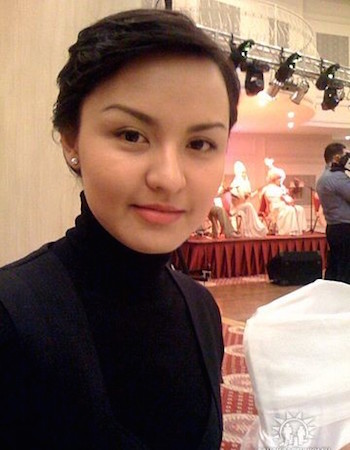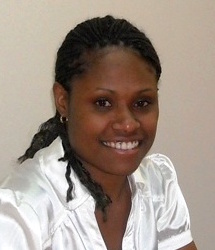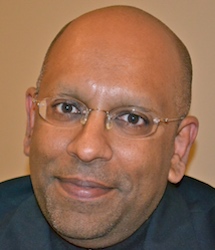In the last five years the Melbourne Law Masters has welcomed students from 60 countries, spanning every continent in the world. Three recent graduates talk about their experience and how the Melbourne Law Masters is making a difference to their careers.
Aliya Khussaiynova
Kazakhstan

'The differences between university life in Kazakhstan and Australia are quite dramatic. Law students in Kazakhstan are busy studying every day starting from 11 am till 6 pm, six days a week. Whereas university life in Australia, as I experienced it, is more relaxed… In Kazakhstan students do not get to choose their subjects. They get enrolled into specialisations and study all the subjects on the syllabus for the year… Almost every exam is presented orally in front of the panel of professors and the students get to present and defend their thesis at the end of their studies.
The cultures are absolutely different and I liken it to living on a separate planet.Living in Kazakhstan is to be within a specifi frame of life, where there are rules, obligations, responsibilities and protocols which must be followed… In Melbourne it is a more easy- going, relaxed way of living.
To learn from one another was a great experience for me. The Melbourne Law Masters was a chance not only to gain more knowledge, but also to exchange diverse cultures, traditions and different law systems within the class.'
Serah Pamolak Sipani
Papua New Guinea

'I worked in community development for six years. As a lawyer by background, with development skills, I had a wealth of country experience but realised I needed the international perspective to complement the work I was doing and considered a Master of Public and International Law.
I was able to meet like-minded teachers and students from across the globe. International Law in Context was the highlight subject… I made some very good and long lasting professional friendships.
The program has helped me to understand the global perspective of development, and how it affects my country of origin, neighbours and the region. It has exposed me to different areas that I never thought I would have experienced, and greatly contributed to my work.
I now work in the part of the International Finance Corporation (World Bank Group) that works with government to streamline and improve government regulation and remove barriers to private sector development. The overall objective is to increase formal sector employment and investment in PNG by improving the business environment.'
Muralee Das
Malaysia

'One specific position, sports lawyer, was always the hardest to fill. When advised Melbourne Law School had a sports law program, I fl w to Australia and met Hayden Opie, the program director, who helped me identify several candidates… Since then, when networking across the Asia Pacific, I realised the Melbourne Law School program is world class, one of a select few in the world… I chose to undertake my sabbatical in the program.
The sports loving culture of Australia is one of the luxuries of living in Melbourne. Having been involved in international sports management, I've found that outside of a few cities in the United States, very few places are sports crazy like Melbourne.
One of the projects in the pipeline is the structure of soccer clubs as a social enterprise. I'm now integrating sports law research with social entrepreneurship research at Melbourne Business School and hope to come up with a social enterprise model for soccer clubs. Soccer club business models are failing everywhere and a new model is required.'
Image 1: Aliya Khussaiynova
Image 2: Serah Pamolak Sipani
Image 3: Muralee Das